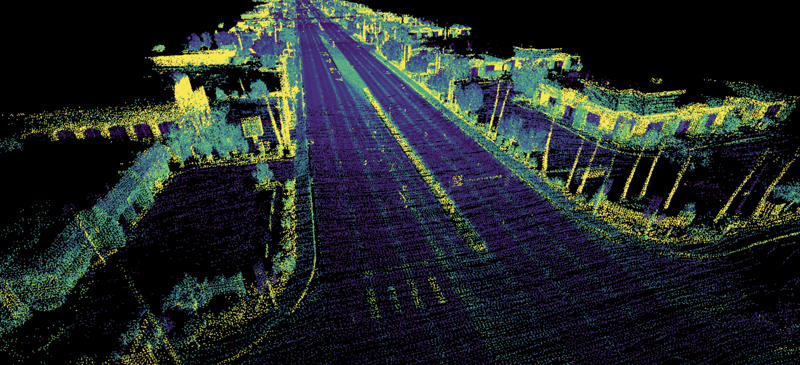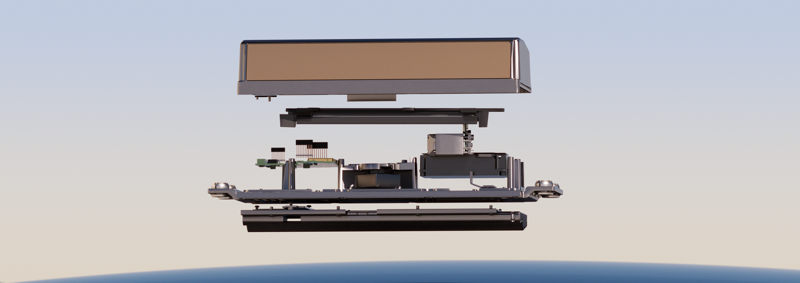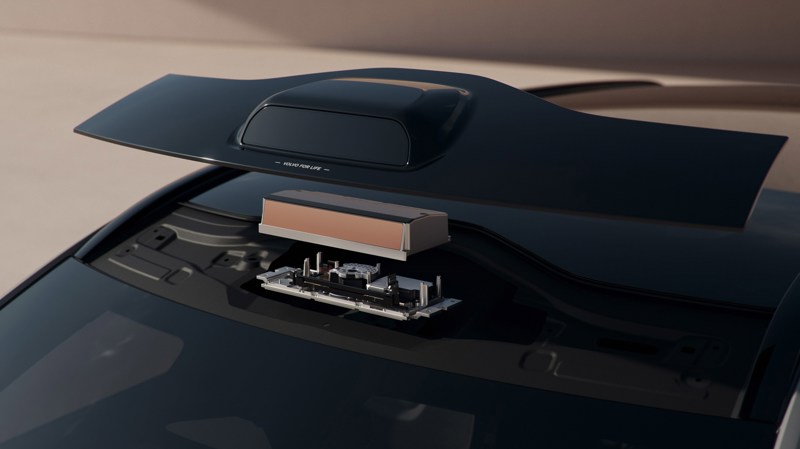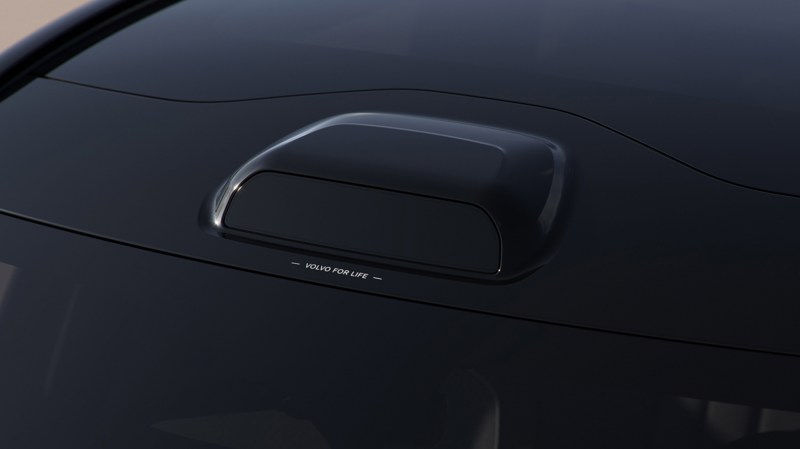LiDAR Sensors
LiDAR is commonly used in autonomous driving systems and is becoming more prevalent in ADAS features.
LiDAR, short for "Light Detection and Ranging," is a remote sensing technology that uses laser light to measure distances and generate highly accurate 3D maps of environments. LiDAR sensors are commonly used in self-driving cars, robotics, and other applications where precise mapping and object detection are necessary.
How LiDAR Works
LiDAR works by emitting laser pulses and measuring the time it takes for the light to bounce back to the sensor. By calculating the round-trip time of the laser, LiDAR sensors can determine the distance between the sensor and the target object. Multiple laser pulses can be emitted and collected to create a detailed 3D map of the environment.
Audi e-tron GT with infrared night vision camera
Types of LiDAR Sensors
LiDAR sensors can be categorized into two types:
- Scanning LiDAR: Uses a rotating mirror to scan the laser beam across a field of view.
- Solid-State LiDAR: Uses a stationary array of lasers and detectors to measure distance.
Luminar Iris LiDAR sensor
Advantages of LiDAR
- High Accuracy: LiDAR can measure distances with sub-centimeter precision, making it ideal for applications requiring high accuracy, such as self-driving cars.
- Environmental Resilience: LiDAR sensors can operate in various environmental conditions, including darkness, rain, and fog, making them more reliable than other sensor technologies.
Luminar Iris LiDAR sensor on Volvo EX90
Challenges of LiDAR
- Cost: LiDAR sensors can be expensive, which limits their widespread adoption in consumer vehicles.
- Power Consumption: They require high power consumption.
- Interference: LiDAR sensors can be susceptible to interference from other light sources, such as sunlight or headlights, which can affect their accuracy.
Luminar Iris LiDAR sensor on Volvo EX90
LiDAR Sensor Manufacturers
Several companies produce LiDAR sensors, including:
Adoption in Electric Vehicles
Due to their high cost, few electric vehicles (EVs) come equipped with LiDAR sensors. However, tests have shown that LiDAR is superior to other sensors in certain driving scenarios.
Luminar’s lidar-equipped demo car outperforms a camera-only system in stopping for a test dummy at CES 2023





